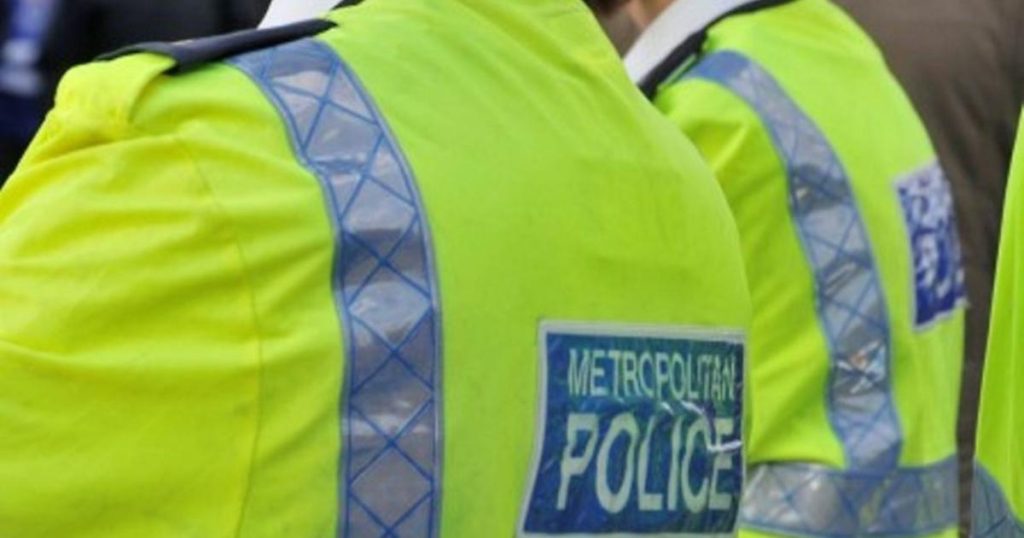The force confirmed it is investigating importation of the drug into the UK, after five people are believed to have used the chemical to take their own lives in London.
Two of the deaths under investigation were of young women from east London.
The Met’s probe follows a major investigation by the National Crime Agency into a Canadian man believed to have been involved in 88 UK deaths from the chemical.
There is no suggestion that man is a suspect in the new Met investigation.
Newsquest has taken a decision, in line with other media organisations, not to name the deadly chemical, so as not to inspire copycat cases.
We uncovered the Met’s investigation after attending two inquest hearings in late April concerning two young women’s deaths from the lethal substance.
Jane Louise Colechin, 44, was found dead by her partner on New Year’s Day at her home address in Forest Lane, Forest Gate, Newham.
The Metropolitan Police Service referred the case to East London Coroner’s Court as they had “no clear understanding as to what had caused Mrs Colechin’s death”.
But a post-mortem examination at East Ham Public Mortuary gave her cause of death as toxicity from the lethal chemical.
Her full inquest was provisionally listed for October 21.
Four months later, on April 10, 30-year-old Zara Afua Ampong Appiah was found dead at her home in Hainault Road, Leytonstone.
“Police were called to carry out a welfare check,” said senior coroner Graeme Irvine, as Miss Ampong Appiah “had not responded to calls for at least three days”.
Officers forced entry to her home and found her dead on her bed, showing signs of decomposition.
“A search of the premises found packaging and equipment that indicated to the police that Miss Ampong Appiah may well have administered a substance to cause her death,” the coroner said.
The packaging suggested the chemical had been “delivered from an address in Turkey”.
Her full inquest was provisionally listed for October 16.
In both instances, the coroner ordered his officers to investigate whether the women had been seen by their GPs for their mental health in the six months before their deaths, or whether they had been patients of any mental health trust.
He also asked his staff to find out whether the National Crime Agency was looking into the deaths – but when Newsquest contacted the security service, it referred us to the Met.
Whilst the Met had declared both women’s deaths non-suspicious and referred them to the coroner, it confirmed it was separately investigating the sales of the chemical.
“Police are investigating a number of deaths in London which are believed to be linked to the voluntary and direct consumption of [the chemical],” the force said.
“Enquiries are ongoing into the deaths, which are being treated as unexpected. We are working closely with partners to understand the impact on London and throughout the UK.”
When life is difficult, the Samaritans is available 365 days, 24/7. Call for free on 116 123, email jo@samaritans.org, or visit www.samaritans.org.




